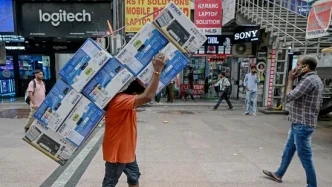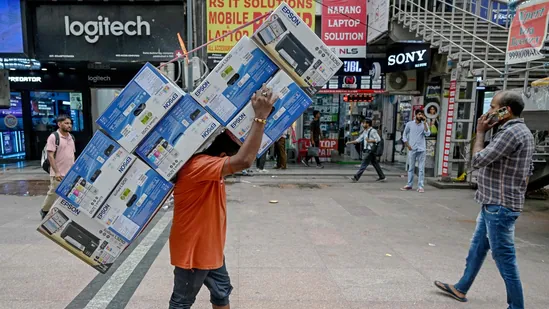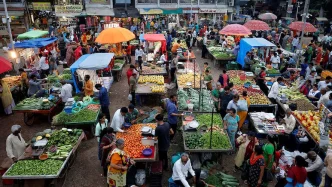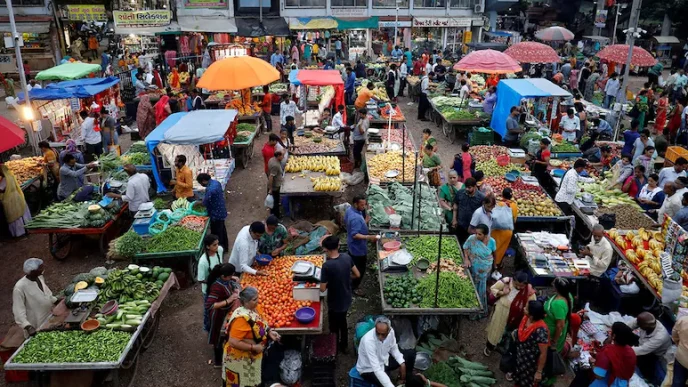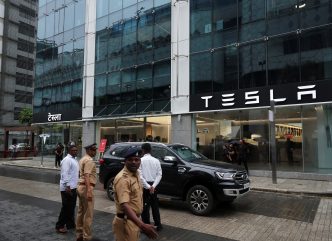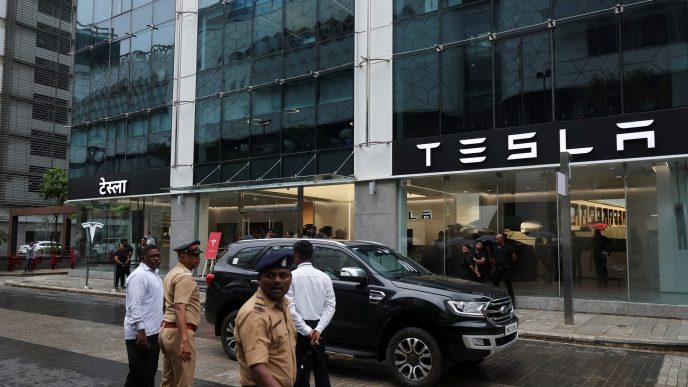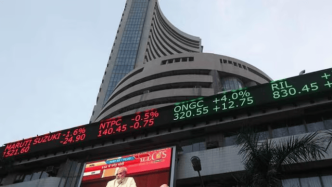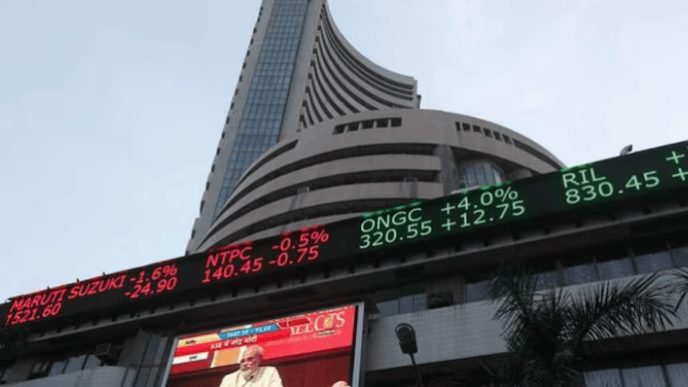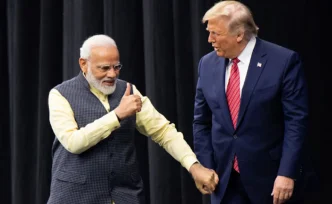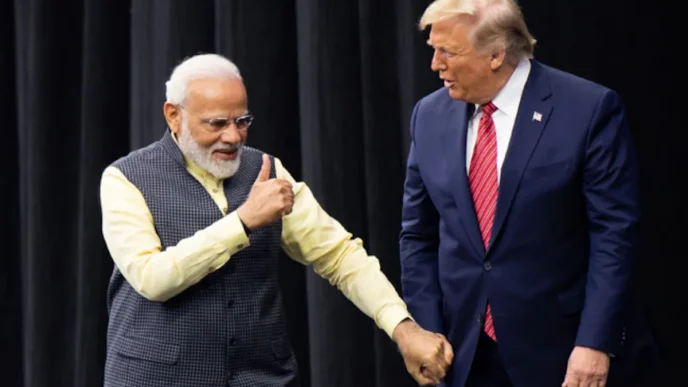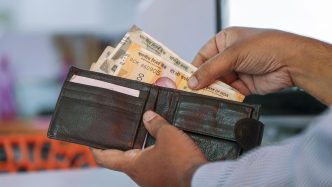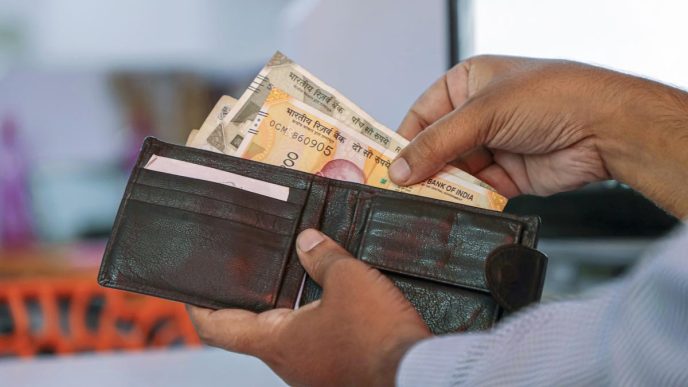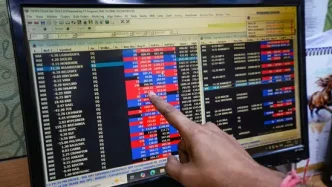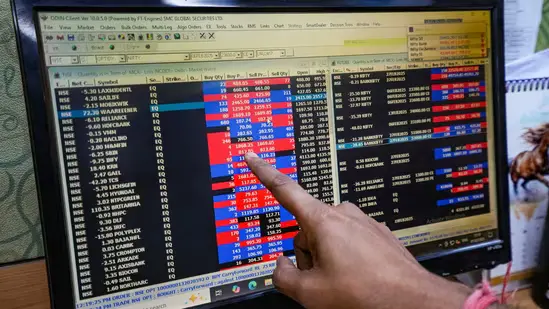The US has extended the suspension of its April 2 reciprocal tariffs until August 1, a move that will provide temporary relief to Indian exporters. The move will also provide additional time to governments of both countries to resolve outstanding issues and finalise a trade deal.

The White House confirmed the extension on Monday, stating that the suspension, initially set to expire on July 9, was being prolonged “based on additional information and recommendations from various senior officials” and due to the ongoing discussions with trading partners.
India, which has been actively negotiating a bilateral trade agreement (BTA) with the US, was notably absent from the list of countries that received official tariff notifications from the Trump administration this week.
Among the nations served with tariff letters were Bangladesh, Indonesia, Japan, South Korea, Malaysia, Thailand, South Africa, and several others. These letters, signed by President Donald Trump, outlined the tariffs that would take effect on goods entering the US from August 1.
On April 2, President Trump had announced reciprocal tariffs – 26% in India’s case – but paused their implementation for 90 days to allow room for negotiations. The latest extension signals a willingness on the part of the US to continue constructive engagement.
“This deferment reflects the US’s readiness to talk and helps our negotiators address the remaining contentious issues,” said Ajay Sahai, Director General of the Federation of Indian Export Organisations (FIEO). “It also offers India a comparative advantage if a BTA on goods is finalized by the end of this month.”
The delay has been welcomed by Indian exporters, who view it as a narrow but important window to push for favorable outcomes. “It gives the Indian official team 12-13 additional working days to work with their US counterparts,” one exporter said, adding that it offers “temporary relief” to domestic industry.
International trade expert Biswajit Dhar described the move as a clear sign of relief for India, attributing it to the country’s firm stance in ongoing discussions. “This shows our negotiating position has had some impact,” he said.
FIEO President and Ludhiana-based engineering exporter echoed the cautious optimism. “Though this is a small relief, we are keeping our fingers crossed,” he said.
Sharad Kumar Saraf, Mumbai-based exporter and founder of Technocraft Industries (India), urged Indian businesses not to become complacent. “President Trump is very unpredictable,” he said. “The period of tariff suspension is very small. Indian exporters should proactively explore new markets.”
India and the US are targeting a broader trade agreement, with the first tranche expected to be finalized by fall (September–October) this year. Ahead of that, both sides are working to settle an interim deal.
Indian officials said they have clearly communicated New Delhi’s position to their US counterparts, and the next move lies with Washington. The US has been India’s largest trading partner since 2021-22. In 2024-25, bilateral goods trade stood at $131.84 billion.
